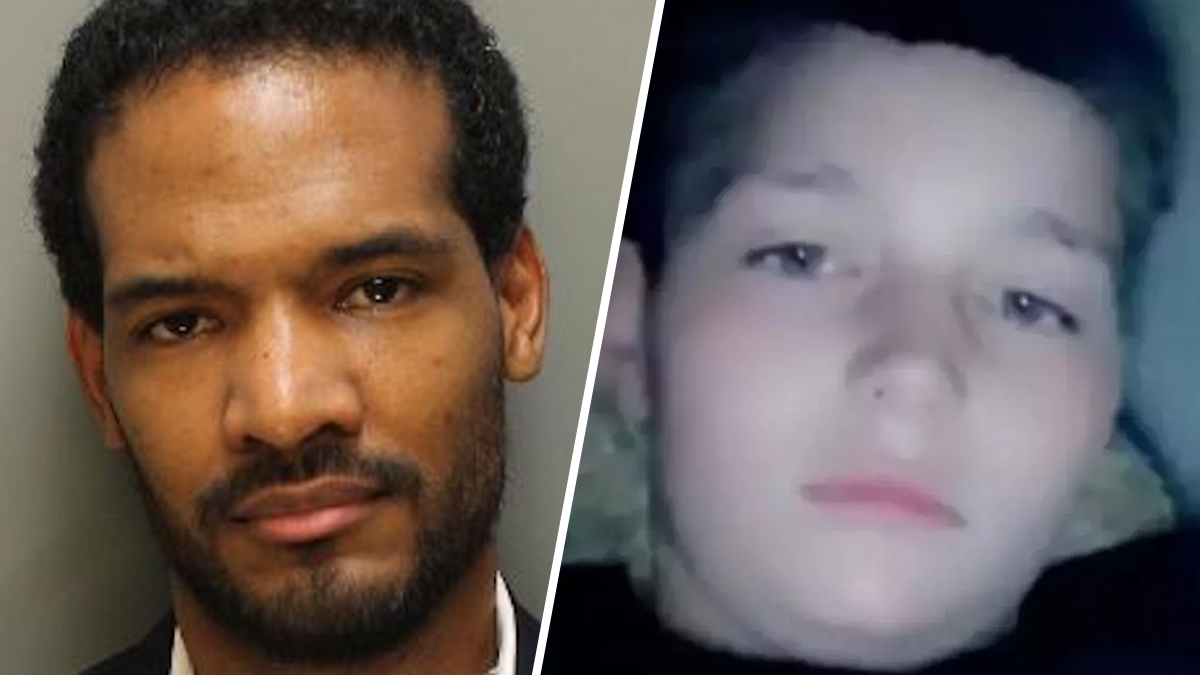A former policy director for Pennsylvania's Department of State defended the state's tough voter identification law Monday as a reasonable compromise that followed intense negotiations, even though it omits changes that the department proposed to ease some of the requirements.
Lawyers for plaintiffs seeking to overturn the mandatory photo ID requirement Monday questioned the official, Rebecca Oyler about memos and emails describing negotiations over the legislation in late 2011.
Oyler cited examples of her department's suggestions that were rejected. One called for excusing residents of long-term care facilities from the photo requirement and allowing them to vote through the simpler process of absentee voting. Instead, the law allows the facilities to issue photo IDs.
When asked if the department could do anything more to improve it, Oyler replied, "I think we've done everything that we see as being reasonable.''
Oyler's testimony on the sixth day of a trial in Commonwealth Court showed the Republican architects of the law, including the GOP majorities that control the Legislature and Republican Gov. Tom Corbett sought to make the law as tough as possible, said Michael Rubin, an attorney for plaintiffs.
"Time and again," the department said, `You should make it less restrictive,' and they chose to make it more restrictive and the result is, to use (Oyler's) own words ... disenfranchisement,'' he said.
Oyler cited department proposals that made it into the law, including a section that recognizes student IDs issued by accredited institutions of higher learning so long as they bear a current effective date, and those that did not, such as a proposal to allow school-district employees to use their work IDs for voting purposes like federal, state, municipal and country employees.
Local
Breaking news and the stories that matter to your neighborhood.
A spokesman for the state's legal team, Nils Frederiksen, said changes are an inevitable part of making laws.
"There's a lot of discussion, there's a lot of debate and there's a lot of changes that occur during the entire process,'' he said. "Improvements were made.''
The law, one of the nation's toughest, was passed in March 2012 but has not been enforced because of the pending constitutional challenge. Both sides in the trial have they expect the state Supreme Court will ultimately settle the case.



